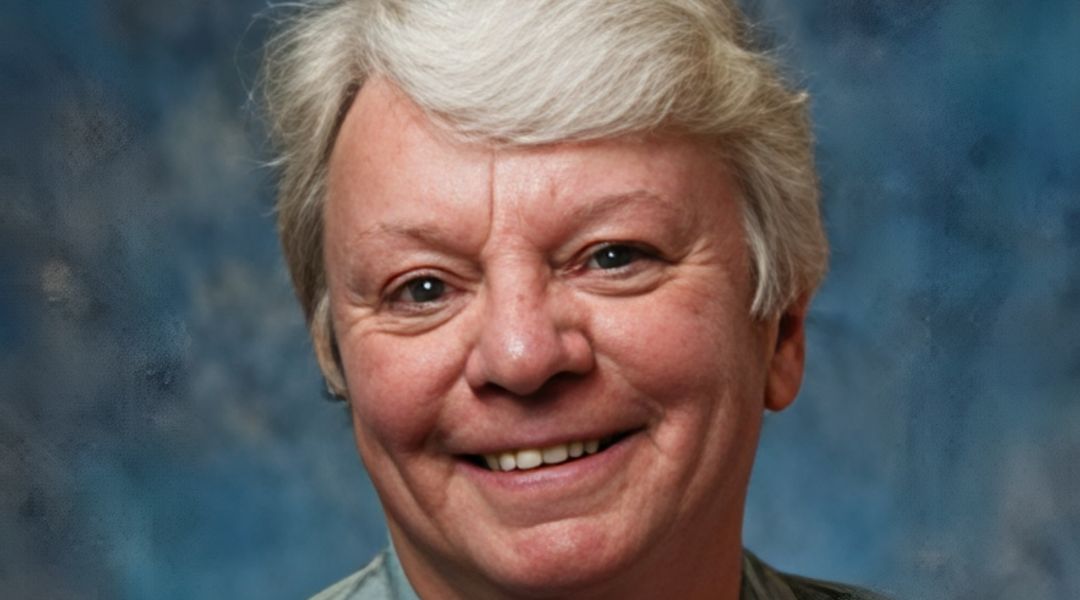As
my much-loved Pope Francis lies critically ill in hospital, I recall his many wonderful
insights and spiritual challenges. The devastating effects of the climate
crisis on the poor, homeless, and marginalized are central. His Laudato si’ (2015) garnered worldwide attention to the urgency of this
apocalyptic reality. As an acknowledged influencer of religious and political
organizations worldwide, he spoke to the U.N. regarding the “right of the
environment.” (2023)
Some
of my happiest times as a child were on the beach of the Great South Bay in New
York. I loved the stories of Jesus walking on the shores of the Sea of Galilee,
also called Lake Genessaret. The Synod’s final document presents one of the most
powerful images of the rewards of faith and trust in Jesus, even after failure, on this
shore. “And when they had done this, they enclosed a great shoal of fish,
and as their nets were breaking, they beckoned to their partners in the other
boat to come and help them. And they came and filled both the boats so that
they began to sink.” (Luke 5:6-7). I
was shocked to discover that Israeli researchers have shown climate change is devastating
even this iconic water resource.
The devastating impact of climate change
Oceans
cover 70% of the earth’s surface. Oceanographers warn temperatures are at new highs of 21.1 C., killing fish and causing deep sea species extinction. All around the globe, we experience effects from fires in California mansions to torrential floods in Greece, Bulgaria, Libya, and island nations, and ice cap erosion.
Sadly, eight years later, in Laudate Deum, he declared, “…our responses have not been adequate… The effects of climate change are borne by the most
vulnerable people, whether at home or around the world…the reality is that a
low, richer percentage of the planet contaminates more than the poorest 50% of
the population.” (2023) He
laments that the financial crisis of 2007-2008 and the Covid pandemic, which
could have fueled a new solidarity, have instead “fostered greater
individualism, less integration and increased freedom for the truly powerful.”
He reviews a demoralizing list of UN climate conference (COP) failures that reveal the weakness and polarization of international politics. The failure to establish a new international plastic control treaty in Busan, South Korea, from Nov. 25 to Dec. 1, 2024, revealed profound differences in goal and method: Some support a global cap on plastic production, which has exploded since WWII, while others press for managing plastic waste and enhanced recycling.
Researchers estimate one billion metric
tons of plastic on the planet. The majority are produced from fossil fuels,
adding to greenhouse gas emissions. 10-12 million tons enter our oceans each
year. Less than 10% is recycled, and single-use plastic represents 40% of present production. 10,000 chemicals with major toxicity are used in
production. Burning plastic for waste or warmth releases hazardous benzene and
dioxin.
Microplastics are found in air, soil, and
the human body. The 2016 Annals of Global
Health Special Issue “Health hazards of plastic: From cradle to grave”
identified effects across the life cycle. With particular attention to miscarriage,
infertility, and pre-natal and childhood exposure. As a pediatrician with an
interest in developmental traumatology, I am concerned about these devastating
effects during the crucial time of growth and development. Research shows that
environmental toxicants adversely affect cell-mediated immunity through lymphocytes
and cytokine production, humoral immunity, lung structure and function, endocrine
disruptors of thyroid signaling and estrogen responsiveness, and lipid
metabolism. The 2023 U.S. National Institutes of Health “The Environmental
Influences on Child Health Outcomes (ECHO)-Wide Cohort” study confirmed
disastrous health consequences for children for future generations.
A call to action in a critical time
Pope Francis has fearlessly and directly
addressed the links between “the cry of the earth” and “the cry of the poor”
and the vulnerable. Some fall into despair at the magnitude of the problem, but
he assures us everyone has a role to play…every little bit helps.”
Individual efforts are not enough. ”We
must resist the temptations of selfishness…and greed. “Broad change in the
irresponsible lifestyle connected with the Western model would have a
significant long-term impact.” The Laudato Si’ Action Platform identified ecological economics, sustainable lifestyles, ecological education and spirituality, and the promotion of community resilience and empowerment as needed in the Church and society.
In
this Jubilee Year, COP 30 will be held in Brazil on November 10-21, 2025. Let
us work and pray to honor the legacy of this hope-filled Pope by conversion of
minds and hearts and political action and advocacy to make real and lasting
progress on saving the earth and the young.
Nuala Kenny is a Sister of Charity in Halifax, Nova Scotia,
and a pediatrician. An officer of the Order of Canada since 1999, she
has published several books, including Healing the Church (Novalis, 2012) and Rediscovering the Art of Dying (2017). She is co-author of Still Unhealed: Treating the Pathology in the Clergy Sexual Abuse Crisis (Novalis and Twenty-Third Publications, 2019). She most recently published A Post-Pandemic Church: Prophetic Possibilities (Novalis and Twenty-Third Publications, 2021).
